Keywords: Women In The Church
There are more than 200 results, only the first 200 are displayed here.
-

AUSTRALIA
- Michael McGirr
- 22 November 2024
There’s this other place that is neither heaven nor earth but which you might find in the car park of the third busiest KFC in Melbourne, waiting for your son to finish his shift. A bin beside the car is overflowing with all the packaging that comes with fast food, not to mention the remains of poor dead chooks whose life it is hard to imagine.
READ MORE 
-
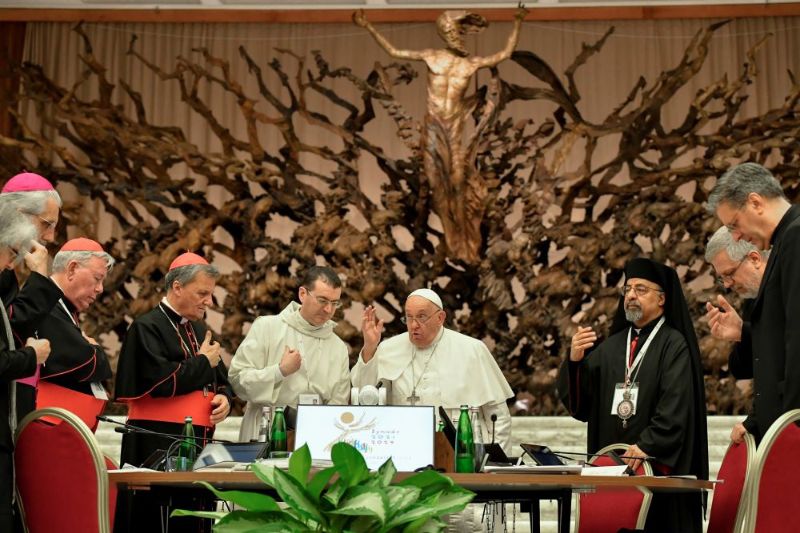
RELIGION
- Bill Uren
- 20 November 2024
Will the recommendations of the Synod on Synodality inspire lasting change or risk losing momentum? With bishops balancing tradition and reform, the coming year will determine whether this moment becomes one of true transformation.
READ MORE
-
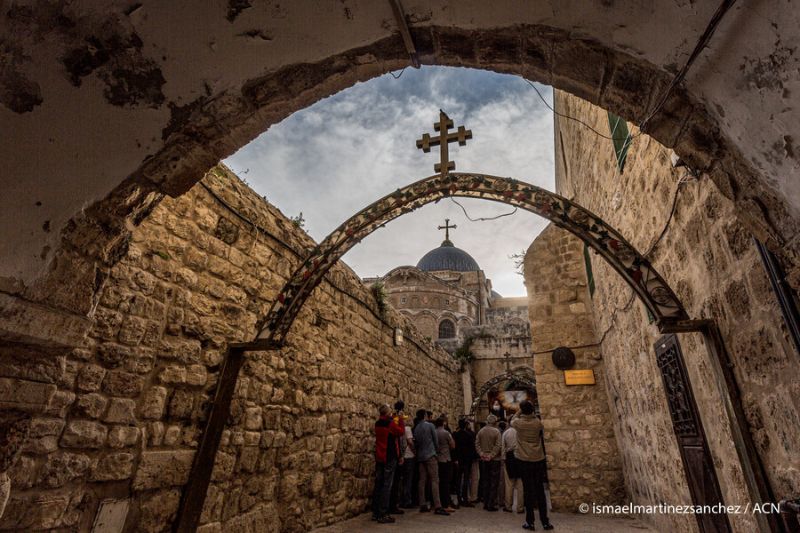
RELIGION
- Michael McVeigh
- 18 November 2024
Religious persecution often fades from public view unless it fits a political agenda. Yet Christians worldwide continue to face existential threats, from systemic repression in China to deadly violence in Nigeria. It’s worth reflecting on the cost of indifference and what it means to advocate for justice beyond our culture wars.
READ MORE
-
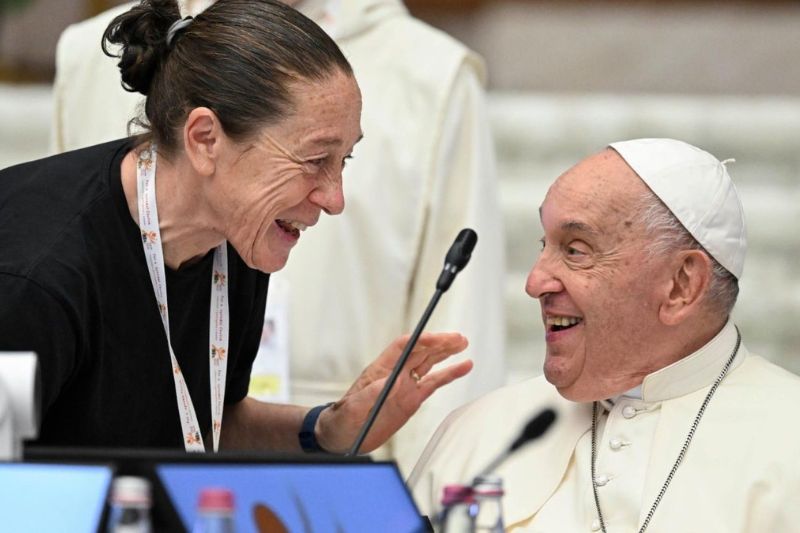
RELIGION
- Bruce Duncan
- 14 November 2024
The Synod is possibly the most important event in the Catholic Church since the Second Vatican Council. And despite its focus on internal Church reform and participation, can it effectively address broader social and moral issues in the world while still promoting a more inclusive and accountable Church?
READ MORE
-
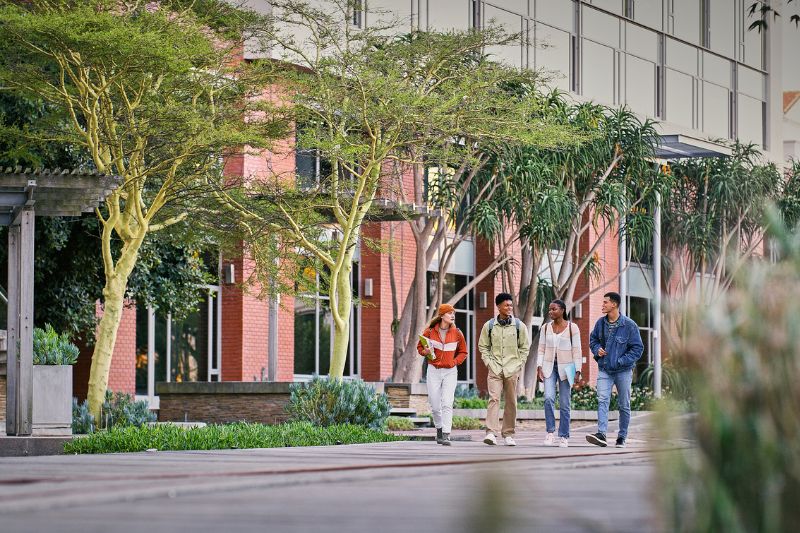
EDUCATION
- Erica Cervini
- 14 November 2024
At an ACU graduation event, students walked out in protest as Joe de Bruyn gave an address condemning abortion, single-parent IVF, and same-sex marriage. The event highlights tensions for Catholic institutions trying to balance traditional Catholic values while also embracing often opposing perspectives a diverse, pluralistic society.
READ MORE
-
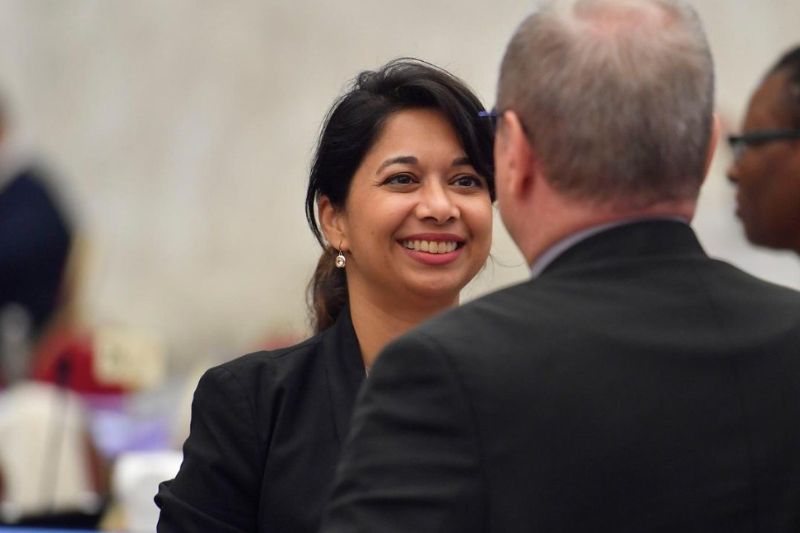
RELIGION
- Joanna Thyer
- 07 November 2024
At the World Synod in Rome, four women joined to advocate for ordaining women as deacons. Though the topic remains off the table officially, the message highlights the Church’s internal conflict between traditional values and growing calls for inclusion and change.
READ MORE
-

RELIGION
- John Warhurst
- 07 November 2024
The Catholic Church recently displayed two strikingly different faces. In Rome, the Synod on Synodality wrapped up with a facade of unity. But back in Melbourne, a Catholic University’s graduation became a battleground over church doctrine and free speech, exposing deep, unresolved fractures within the church.
READ MORE
-

RELIGION
- Ann Rennie
- 13 September 2024
People visit graves and castles, libraries and mansions, battlefields and places of historical significance to feel a little of the lives of others, to pay homage, to make that human connection. We make secular pilgrimages to places that we have dreamt about or read in books or seen on screen. Wherever we go, these are ultimately visits to places within.
READ MORE 
-
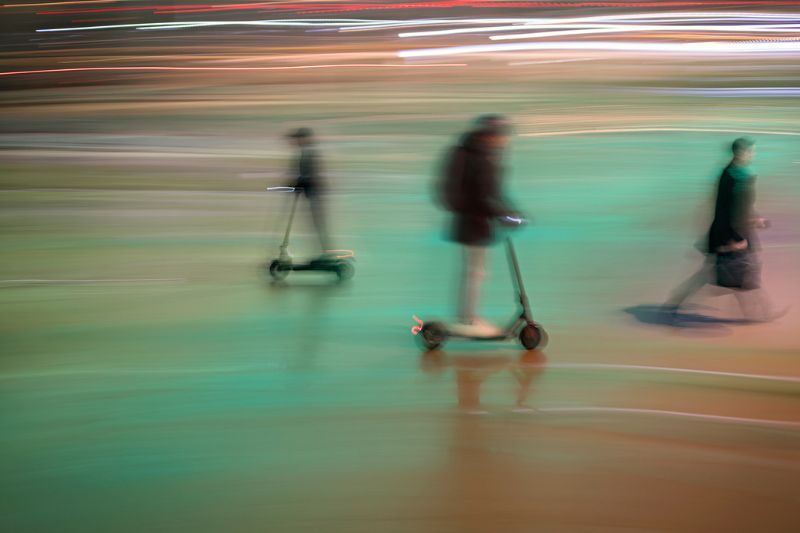
AUSTRALIA
- Andrew Hamilton
- 05 September 2024
Electric scooters have become a flashpoint in Australian cities, pitting residents against local councils. While some embrace scooters as convenient and eco-friendly, others raise valid concerns about safety and regulation. As cities grapple with these issues, the broader question is, how can we effectively balance individual freedoms with community wellbeing?
READ MORE
-
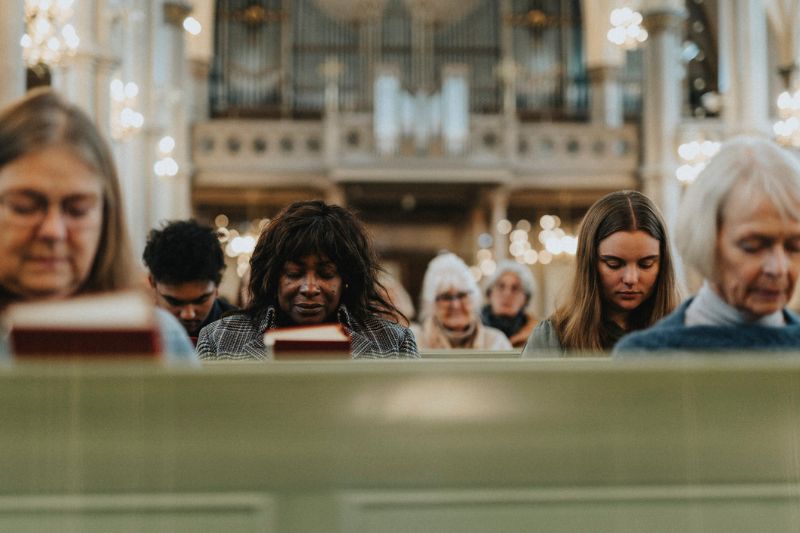
RELIGION
- Elizabeth Young
- 15 August 2024
Copious research has demonstrated the historical existence of women deacons, including St Phoebe, the only person in scripture with the descriptor Deacon. So how far off is Australia from ordaining women deacons?
READ MORE
-
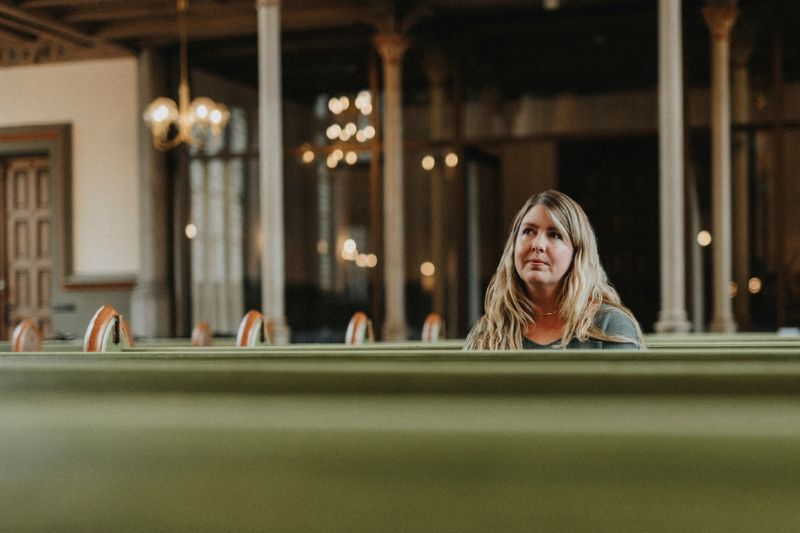
RELIGION
The Vatican's new Instrumentum Laboris outlines the path forward for the Synod on Synodality, but with a heavy emphasis on process over substance. While it acknowledges the need for greater women's involvement, it firmly reinforces the authority of the Pope and bishops, raising questions about the true potential for change.
READ MORE
-
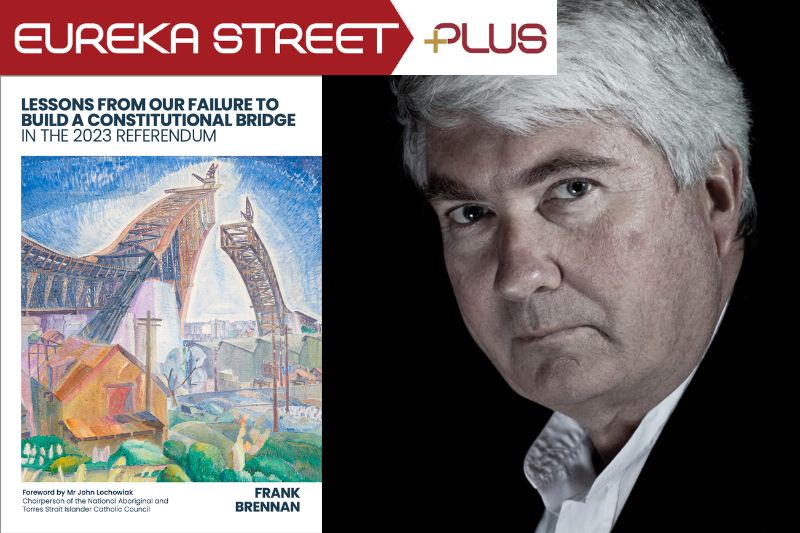
AUSTRALIA
- David Halliday
- 28 June 2024
It's been eight months since the Voice referendum, and people are starting to grapple with what its defeat means for Australia. There are few voices in Australia as qualified to conduct a postmortem of the outcome of the Voice referendum campaign as Frank Brennan. We examine what lessons can be learned and crucually, whether there’s reason for hope for Indigenous constitutional recognition.
READ MORE